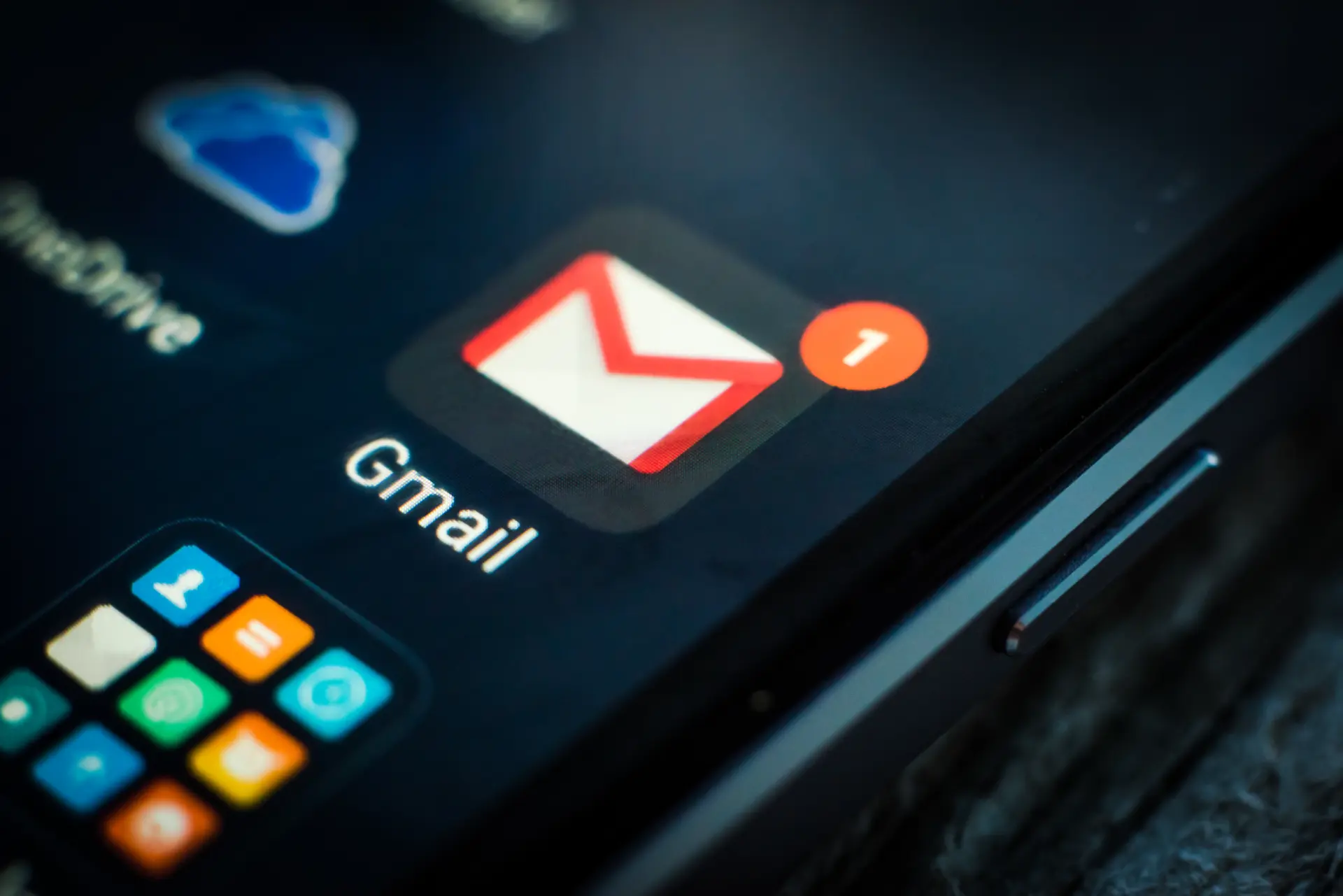Table of contents
- A viral false alarm
- From isolated phishing to global panic
- No risk for everyday users
- Google’s security recommendations
A viral false alarm
In recent days, blogs and social media spread the rumor of a massive Gmail hack, allegedly involving over 2.5 billion accounts. The story, tied to Salesforce, triggered widespread panic.
Google quickly stepped in, firmly denying the claims: no data leak, no mass compromise, no official warning sent to users.
From isolated phishing to global panic
According to Google, the confusion originated from an isolated phishing incident that was quickly blocked. Gmail’s defense systems intercept over 99.9% of threats daily, including malware and fraud attempts.
Misinterpretation of a technical report turned a minor case into a supposed global cyber emergency.
No risk for everyday users
Google clarified that the issue involved only B2B environments, with no impact on personal Gmail accounts. Gmail’s security systems remain strong, with no systemic breach detected.
Google’s security recommendations
Even though the alleged hack was false, Google reminds users to stay vigilant. Best practices include:
- Two-step verification, preferably via authentication app
- Unique, strong passwords, never reused across services
- Passkeys, the most secure login method available
- Extreme caution with suspicious messages and prompt reporting of phishing attempts
